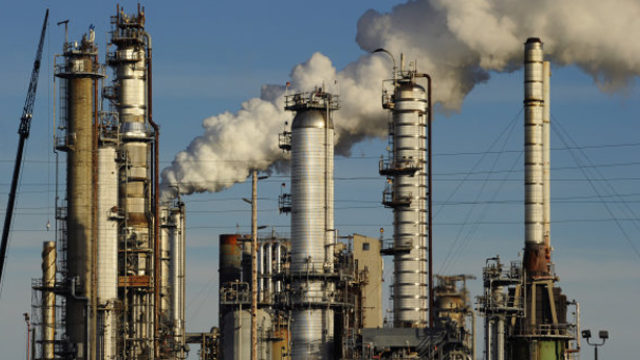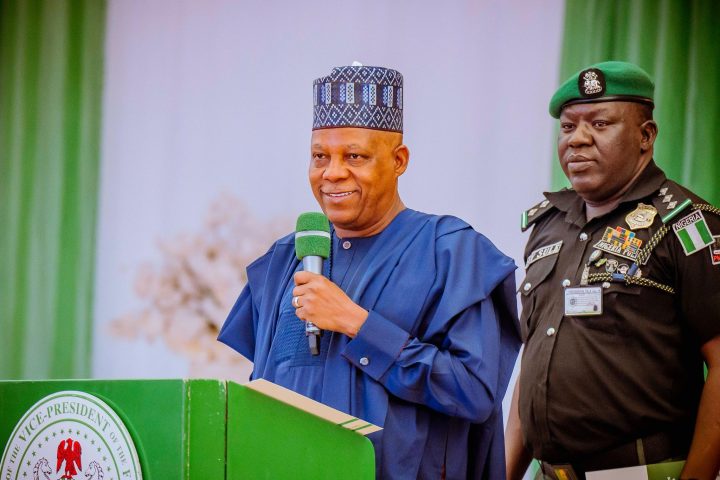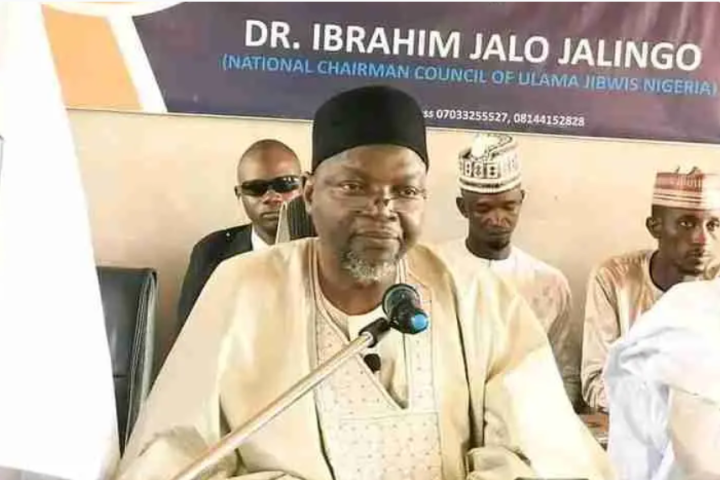By Kamsiyochukwu Mbamalu, Journalism Mentee
PRESIDENT Muhammadu Buhari at the sidelines of the ongoing 76th United Nations General Assembly in New York, gave an indication of how difficult it would be for Nigeria to end the fossil fuel regime and transit fully to clean energy.
He sought financial assistance from developed countries to achieve net-zero dependency on fossils, saying the country would require a high scale of financing amounting to more than $400 billion across all the socio-economic sectors.
Join our WhatsApp ChannelThis amount, he said, would be in excess of government’s routine spend in the next 30 years. The beakdown of the anticipated $400 billion additional expenditure include: $155 billion net spend on generation capacity: $135 billion on transmission and distribution infrastructure; $75billion on buildings; $21billion on industry; and $12 billion on transport.
Buhari’s call for support in this regard for Nigeria and the rest of Africa came as he spoke in line with what the Presidency described as Nigeria’s role as a Global Theme Champion for the Energy Transition, which was the theme of a high-level dialogue on energy at the event.
The President was quoted by his media team as saying that the country is commitment to a just transition, as reflected in its “ambitious Energy Compact.” He promised that his government would electrify at least 5 million households and 20 million people using decentralised solar energy solutions.
“This is a major first step to closing our energy access deficit by 2030,” he said.
On commitment to developing Energy Transition Plan with support of the UK COP26 Energy Transition Council, Buhari called for support from developed countries to unlock the financing needed to accelerate what he said should be a just energy transition for everyone.
He said the focus of discussions on transition should revolve around assisting countries develop detailed energy transition plans and commitments to mobilise enough financing and empower them to implement the plans.

















Follow Us